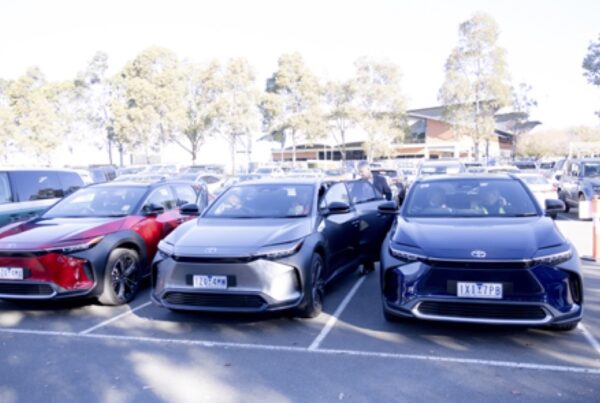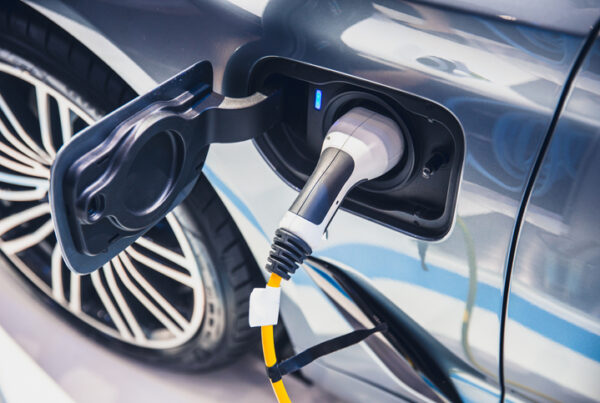FBT can cost a business almost 20% of a vehicle’s purchase cost annually if the vehicle is used privately.
In July 2022 the Government introduced its Electric Car Discount Bill into parliament. The Bill is designed to remove import tariffs and fringe benefits tax (FBT) on EVs (up to the luxury car tax threshold for fuel-efficient vehicles) for vehicles purchased after 1 July 2022.
This is a massive benefit for businesses making the total cost of ownership for EVs cheaper than existing internal combustion engine or diesel vehicles.
Subject to charging infrastructure at work, home or at public networks, businesses can broaden the deployment of EVs in their business and save thousands of dollars on FBT, however, there are unintended consequences for drivers who use work vehicles for private use.
Whilst the company won’t incur FBT costs for private usage, the draft legislation requires employers to calculate RFBAs as if the exemption was not available. This means employees will receive an RFBA which will result in an adjusted taxable income that will be higher than it would have been assuming the capital cost of the ZEV is higher than the ICE vehicle it’s replacing.
Whilst the RFBA is not taxable, it’s considered in determining an employee’s eligibility for certain government benefits and concessions. This includes but is not limited to: –
- Determining eligibility for family assistance payments, including
- Family Tax Benefit Part A and Part B
- Child Care Subsidy (from 2 July 2018)
- Child Care Benefit for approved care (prior to 2 July 2018)
- Parental Leave Pay
- Dad and Partner Pay
- Working out child support obligations
- Calculating liability for the Medicare levy surcharge
- Calculating a child’s adjusted taxable income to determine whether they are considered a dependant for Medicare levy purposes
- Determining entitlement to the private health insurance rebate
- Determining if liable for Division 293 tax for superannuation contributions
- Determining eligibility for the government co-contribution for personal super co-contributions you made
- Working out the amount the driver must repay against their debt for
- Higher Education Loan Program (HELP)
- Vocational Education and Training Student Loan (VETSL)
- Student Financial Supplement Scheme (SFSS)
- Student Start-up Loan (SSL)
- ABSTUDY Student Start-up Loan (ABSTUDY SSL)
- Trade Support Loan (TSL)
What does this mean?
If a company decides to replace its internal combustion engine or diesel vehicles with EVs, the existing FBT paid on those vehicles will be reduced to zero for the employer however the Reportable Fringe Benefit Amount for employees will double assuming the purchase cost of the EV is double the cost of the vehicle it’s replacing.
This policy decision has ignited demand for EVs but will penalise employees/drivers who are given an EV to drive where they have private usage rights.
This decision will also impact employees who salary package a vehicle through novated leasing, although they have control over what vehicle they choose to drive and therefore the cost implications.
Did you find this article interesting? Give it a like by clicking the ‘heart’ button above!



















